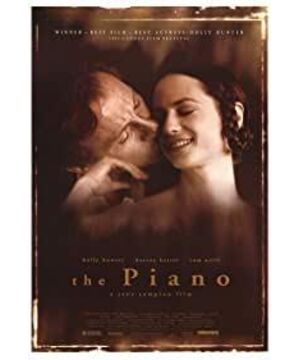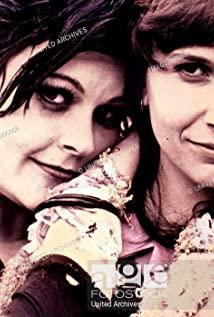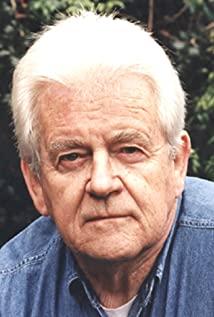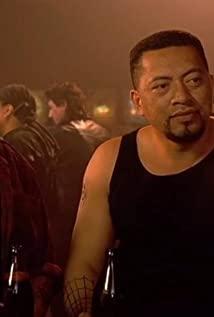From the moment she disembarks, the film has a strong sense of gender: women and girls are lifted onto the beach by men, and then the men laugh and pee in a circle, and women and girls stand beside them at a loss. For these men, women and girls are just part of the job, and no one cares if they even talk to them. They are outcasts.
There is no doubt that her married life will not be much better. The film's portrayal of her husband presents the image of a stingy, calculating male businessman hoping to find gold in the colony. He is very cowardly (such as not doing anything when he sees his wife sleeping with other men), and at the same time eager to show his masculinity in front of women (such as scolding the little girl for kissing the tree, and asking her to wash her bedclothes). Touched trees. Of course, the ultimate expression is to go home with an axe and chop off his wife's fingers.)
He needs a woman, but he despises the local Maori, so he can only marry one from the Old World. The man knew that his wife couldn't speak before he saw her, and the reason why he wanted a dumb woman with a child was for the sake of cheapness.
A woman who is thrown into such a situation has no choice, her only bargaining chip is her body, and the piano is the medium between her and the male world, through which men peep at her, touch her, and possess her. She also knew that all she had was her body, so she agreed to the sex trade. In order to get a little of what she wants, all she can use is her body--I want her husband to remove the wooden slats nailed to the doors and windows a little bit, and use my body; I hope to get a chance to confess to another man, use my body.
Is the piano important in the whole story? In a way, it was the piano that turned her life around, but is it that simple? This is far from a tender love story, why did she throw the piano into the sea? Why bury yourself in the sea with the piano? Because only death can give her a little bit of freedom, it's the only control she has over her life.
The role of the little girl in the film is also very interesting. She went from being extremely close to her mother to finding out that her mother had an affair with another man and then turning to support her stepfather, which just happened to show another power to control women. In a patriarchal society, a woman first belongs to her husband, then to her children and her husband. She cannot dispose of her body freely. Once she does, it will attract attacks from both sides. The transformation of that little girl is precisely the proof of how patriarchy can corrupt people's hearts from an early age.
The location of the story is an island in New Zealand, and the film gives a lot of footage to the local Maori, which is another interesting contrast. Maori, no matter men, women, old or children, do not restrict their bodies by clothing, they are free and happy, and they always laugh at this group of white people. There is even a Maori gay character among them. He seems extremely free. In contrast, the society of that group of white colonists is full of hypocrisy, ugliness, and prejudice. They like to categorize people and put people into a template, and the unsuitable people are "geeks." They don't even have the ability to appreciate beauty, such as the British woman's evaluation of the heroine's piano music after she urinated, but the Maori who are regarded as savages can understand this. The Maori woman's voice at the end of the film is very moving.
In this dimension, the heroine inevitably shares the arrogance of white people. She says that George is uneducated, illiterate, and knows nothing. I don't really believe that she can completely change this concept. After all, the society so many years ago Control is there.
I really hope that the film will stop at the moment when she is buried in the sea, but the director seems to be unable to treat the audience like this, so he still gave a happy ending, but because he couldn't convince himself, he finally added a confession of an underwater grave .
The reality is that in such a patriarchal society, it is impossible for any woman to have real freedom and control over herself. It also harms not only women, but girls and even the men among them. Who said her husband wasn't a poor man too?
View more about The Piano reviews











